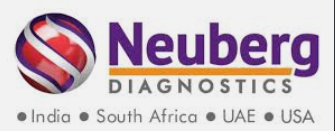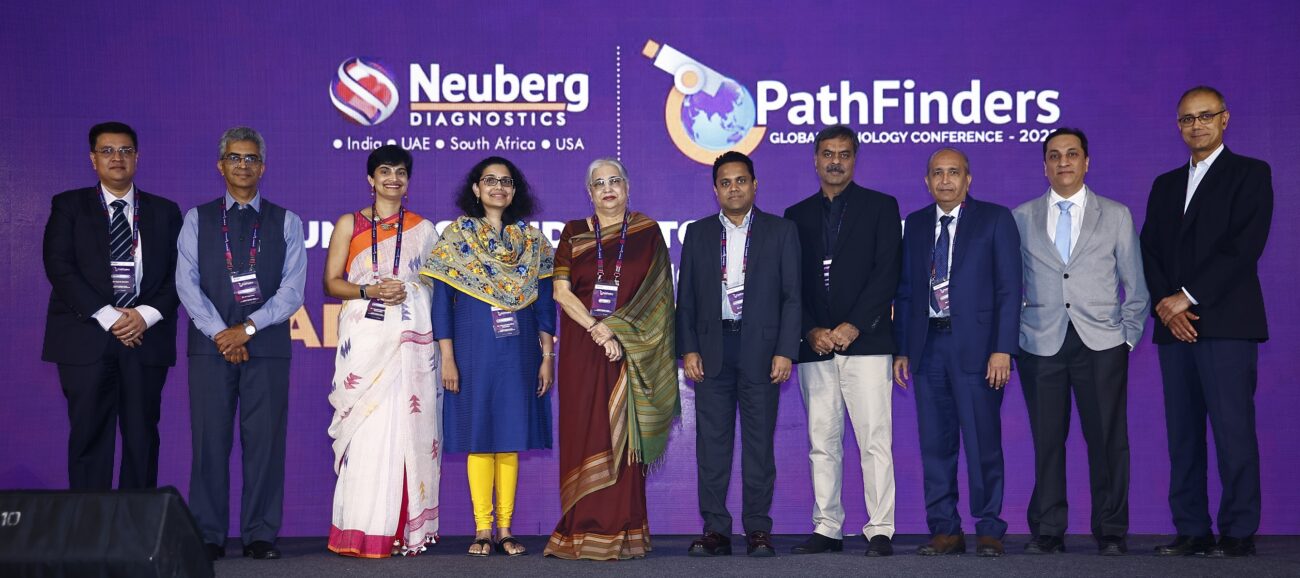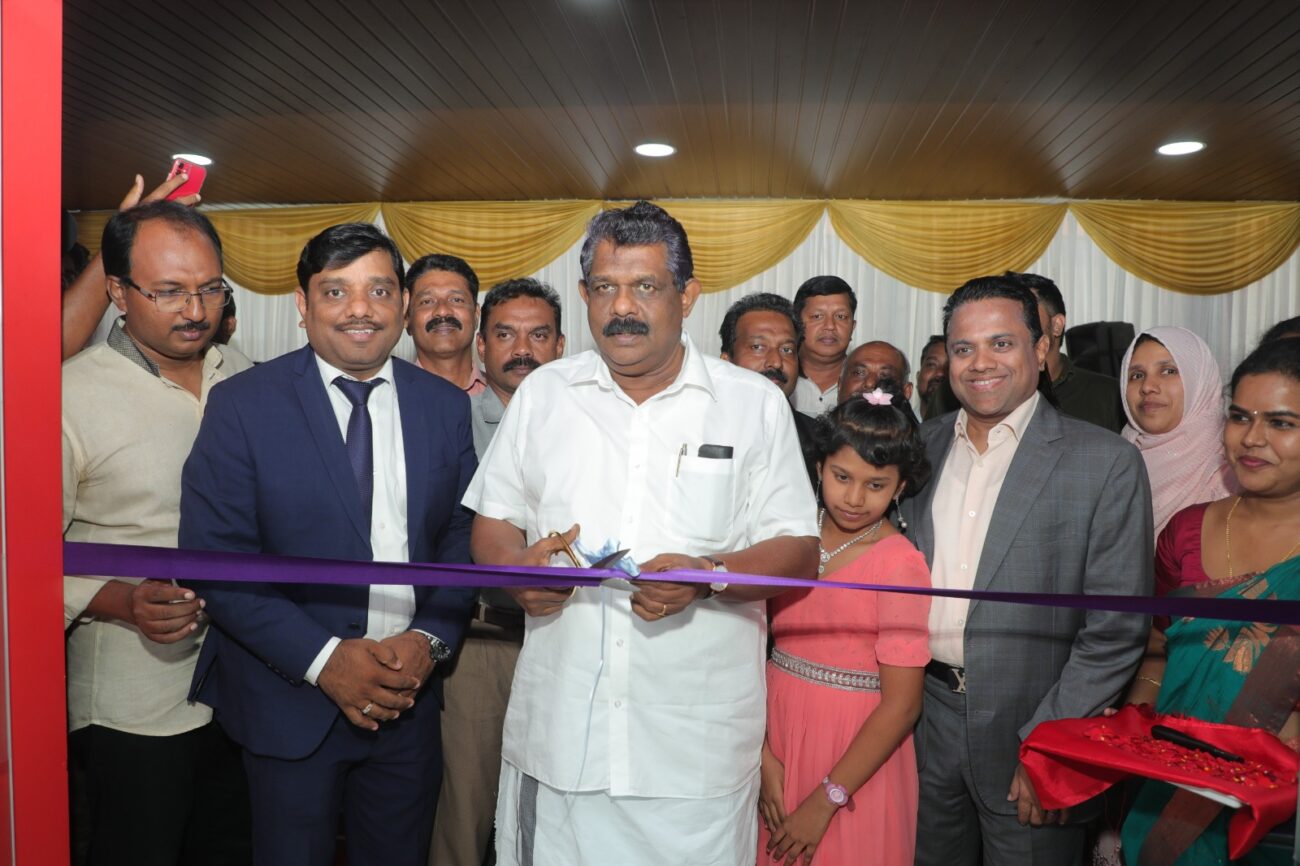Embrace children with Down Syndrome, create suitable jobs, and enable them to lead a dignified life, say panelists at Neuberg Diagnostics
Neuberg Diagnostics, one of the top four pathlab chains of India origin, conducted an awareness session for parents and caregivers of special needs children. The company brought together the national specialists and experts who shared

Neuberg Diagnostics, one of the top four pathlab chains of India origin, conducted an awareness session for parents and caregivers of special needs children. The company brought together the national specialists and experts who shared insights on this genetic disorder that is probably the most common genetic cause of developmental delay and intellectual disability. One of the parents shared the journey that she and her family had with their special child and encouraged other parents to join communities and support each other.
Primary care physicians discussed about this genetic disorder, its complications, the need of regular systematic checkups, early medical intervention, and the role of healthcare providers. They highlighted the challenges related to the inclusiveness of these special children and shared how awareness and collective efforts can empower these children to join the mainstream workforce.
Dr. Shubha Phadke, MD (Pediatrics) & Professor and head of the department Medical Genetics, Sanjay Gandhi Postgraduate Institute of Medical Sciences, Lucknow, informed that approximately 21400 children with Down Syndrome; 9000 with beta-thalassemia, and 5200 with sickle cell disease are born every year in India. She said, “If the disability is diagnosed at birth, then medical experts often look for medical complications like intellectual disability, heart malformations, trachea-oesophageal fistula, hyperthyroidism, cataracts, atlantoaxial dislocation, and risk of leukemia. And accordingly, counsel parents on therapies and treatments. These newborns need to undergo the regular physical examinations, eye examinations, hearing evaluations, and dental examinations.” Dr. Phadke added that unproven therapies which are rampantly being provided to these children and should not be promoted.
Dr. Jayashree Gopal, Director, DiabEndoIndia, Chennai, said, “We see that 3 in 4 Down Syndrome individuals report thyroid-related issues at adulthood. The most common type of thyroid they report is hyperthyroidism. Therefore, when these children reach the age of 20-21, they should be regularly screened for thyroids, sugar, blood pressure, and metabolic diseases.”
She added, “We have noted the prevalence of obesity and diabetes in later years of Down Syndrome children. Also, they are more prone to early menopause.”
Dr. Sheetal Sharda, Director, Neuberg Centre for Genomic Medicine, during the discussion with experts and delegates concluded that there have been lots of progress in early diagnosis of many genetic disorders and prenatal diagnosis. She said, “We should have a balanced approach and always consider the parents’ decision as regards to their reproductive options. Screening tests like biochemical screening and testing of free fetal DNA in mother’s blood (NIPT) followed by invasive tests can help in the prenatal detection for genetic disorders. But it is totally a personal decision of the parents to take further informed decisions.”
The experts reiterated that as a society, we must embrace these children as an essential part of the society, help create suitable jobs and enable them to lead a dignified life. We should move positively towards a better inclusive society






